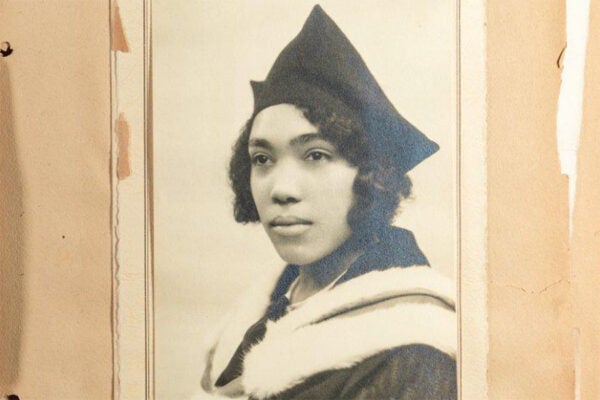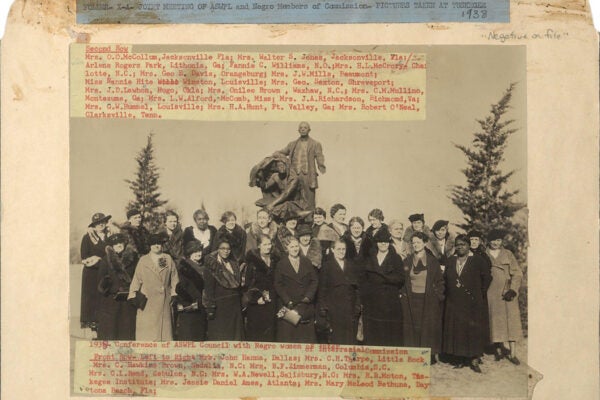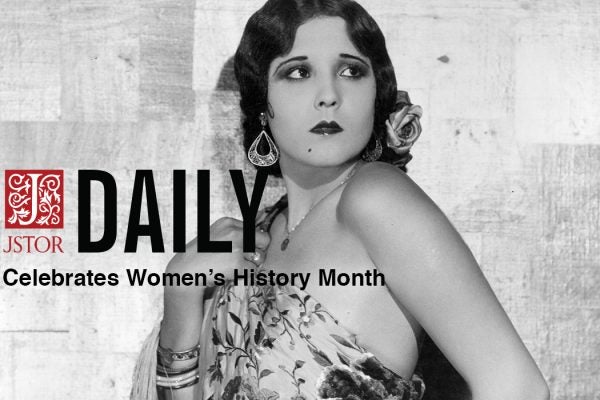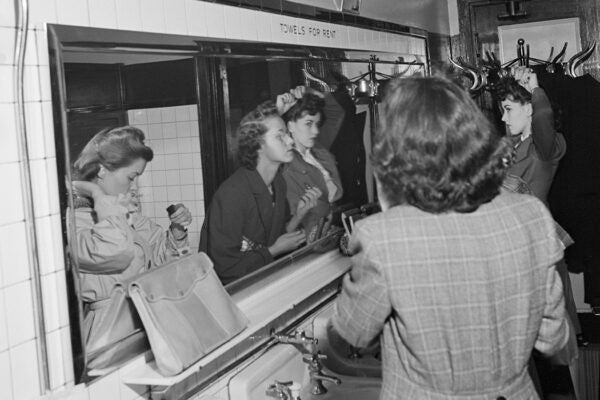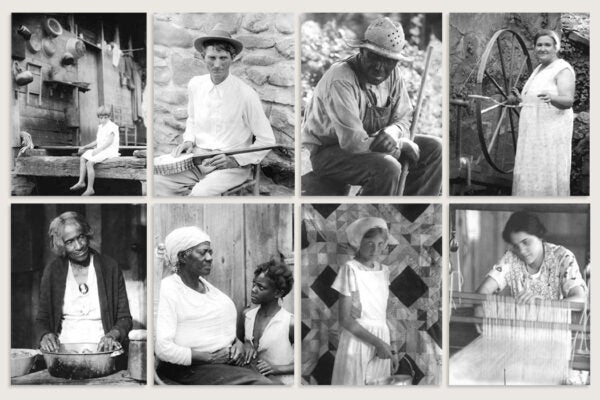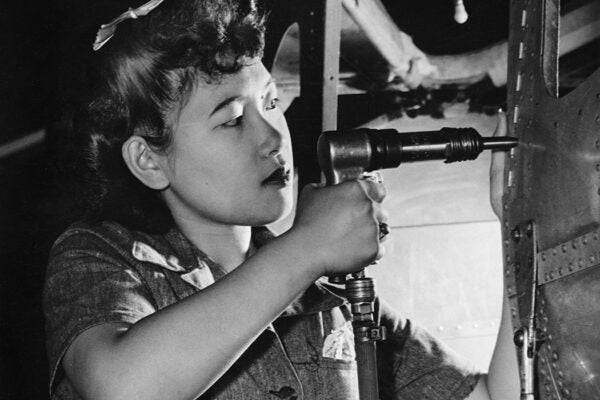The Trailblazing Merze Tate
A celebrated historian of race and imperialism, Tate was an intrepid traveler who avidly shared her passion and meticulously documented her journeys.
How White Women Organized Against Lynching
In the 1930s, a coalition southern white women fought against lynching, disproving the idea that extrajudicial killings were intended to protect them.
Recruiting Warrior Queens for the Rani of Jhansi Regiment
Why did so many plantation workers in Burma, Malaya, and Singapore rush to join the all-woman Rani of Jhansi regiment of the Indian National Army?
Lesbians and the Lavender Scare
Lesbian relationships among government workers were seen as a threat to national security in the 1950s. But what constituted a lesbian relationship was an open question.
Eulalie Mandeville’s Fortune in Court Records
Court records can function as a kind of archive for those without any other paper trail in history: free people of color and the enslaved.
Celebrating Women’s History Month
Celebrate Women’s History Month with JSTOR Daily. We hope you’ll find the stories below a valuable resource for classroom or leisure reading.
In the Ladies’ Loo
Gender-segregated bathrooms tell a story about who is and who is not welcome in public life.
Science in Defiance of the Tsar: The Women of the 1860s
Sofia Kovalevskaia became the first woman in Europe to obtain her doctorate in mathematics—but only after leaving Russia for Germany.
The “Vanishing Types” of Doris Ulmann
As her extensive body of work shows, Ulmann felt the loss of an imagined simpler time and tried to preserve it with her camera.
Could “Rosie the Riveter” Be Chinese American?
Despite having their citizenship withheld before the war, Chinese American women in the Bay Area made significant contributions to the wartime labor force.
